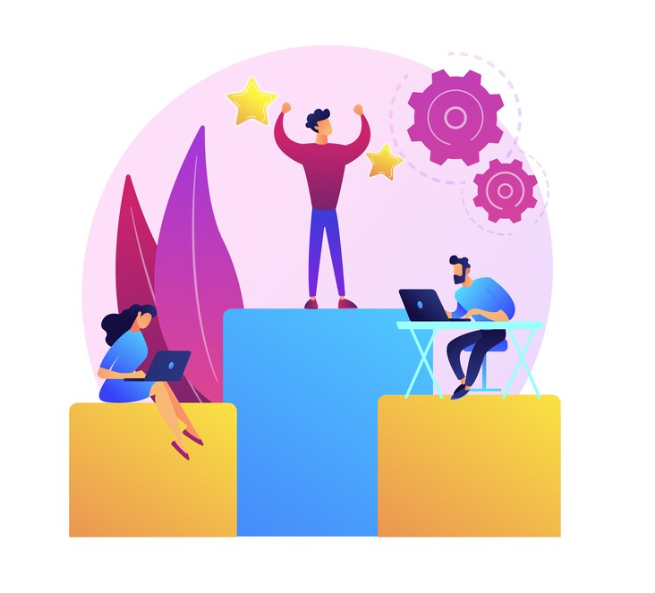At the core of any successful career journey lies a trait that is often undervalued but indispensable: resilience. Traditionally, resilience has been seen as a singular, monolithic quality—either you have it, or you don't. However, this mindset overlooks the nuanced collection of skills that together make up resilience. To truly understand resilience from an employee-centric standpoint, it's crucial to dissect it, to understand the various skills that come together to create this powerful capability.
1. Active Adaptability
Understand the Significance: Change is the only constant in the modern work landscape. Adapting actively means not only accepting change but actively seeking it, predicting it, and molding it to fit one's trajectory.
Employee Takeaway: Regularly update your skills. Embrace new technologies, methodologies, or processes in your field. This proactive approach ensures you're not just reacting to change, but you're one step ahead.
2. Emotional Regulation
Understand the Significance: Resilience isn't just about dealing with external challenges; it's also about managing our internal responses. The ability to manage and understand our emotions, especially during stress, is vital.
Employee Takeaway: Practice mindfulness and reflection. Understand what triggers your stress, fear, or disappointment. By recognizing these triggers early, you can deploy coping mechanisms to remain calm and productive.
3. Solution-Oriented Mindset
Understand the Significance: Problems are a given in any role or industry. However, the differentiation between someone who is resilient and someone who isn't often lies in their approach to these problems. A solution-oriented mindset shifts the focus from the problem to potential solutions.
Employee Takeaway: When faced with challenges, instead of dwelling on the issues, ask yourself: 'What can I do about this? What are the possible solutions? What resources do I have at my disposal?'
4. Social Connectivity
Understand the Significance: Resilience is often bolstered by our relationships. Colleagues, mentors, and networks can offer support, fresh perspectives, and resources that can be invaluable during challenging times.
Employee Takeaway: Cultivate genuine relationships in your professional network. Engage in team activities, seek mentors, and offer support to colleagues. These connections form a support web, ensuring you're not facing challenges alone.
5. Continuous Learning Attitude
Understand the Significance: The world evolves, and so do industries and job roles. A resilient employee understands that their learning doesn't stop once they land a job. Continuous learning ensures that you remain relevant and can pivot when necessary.
Employee Takeaway: Dedicate time to professional development. Attend workshops, webinars, and conferences. Subscribe to industry journals or blogs. The knowledge you gain fortifies your resilience by offering new tools and perspectives.
6. Self-Efficacy
Understand the Significance: This is the belief in one's ability to achieve goals. When employees believe they have the power to effect change or achieve outcomes, they're more likely to take proactive steps, even in the face of challenges.
Employee Takeaway: Celebrate your small wins. Reflect on past successes and learn from failures. Understanding that you have faced and overcome challenges in the past can boost your confidence to tackle future hurdles.
7. Perspective-Shifting Ability
Understand the Significance: Not every setback is a catastrophe. The ability to view challenges from multiple angles and to reframe failures as learning opportunities is a critical resilience skill.
Employee Takeaway: When faced with setbacks, ask yourself: 'What can I learn from this? How can this experience shape my future decisions for the better?' This shift in perspective can transform challenges into growth opportunities.
In wrapping up, it's clear that resilience is not a singular trait, but rather a mosaic of skills and attitudes that come together to form a robust defense against career setbacks and challenges. By understanding and cultivating these individual skills, employees can ensure that they're not just equipped to bounce back from challenges, but also to grow, evolve, and thrive in their professional journey. Remember, resilience isn't about avoiding falls; it's about learning to rise every time you stumble.





